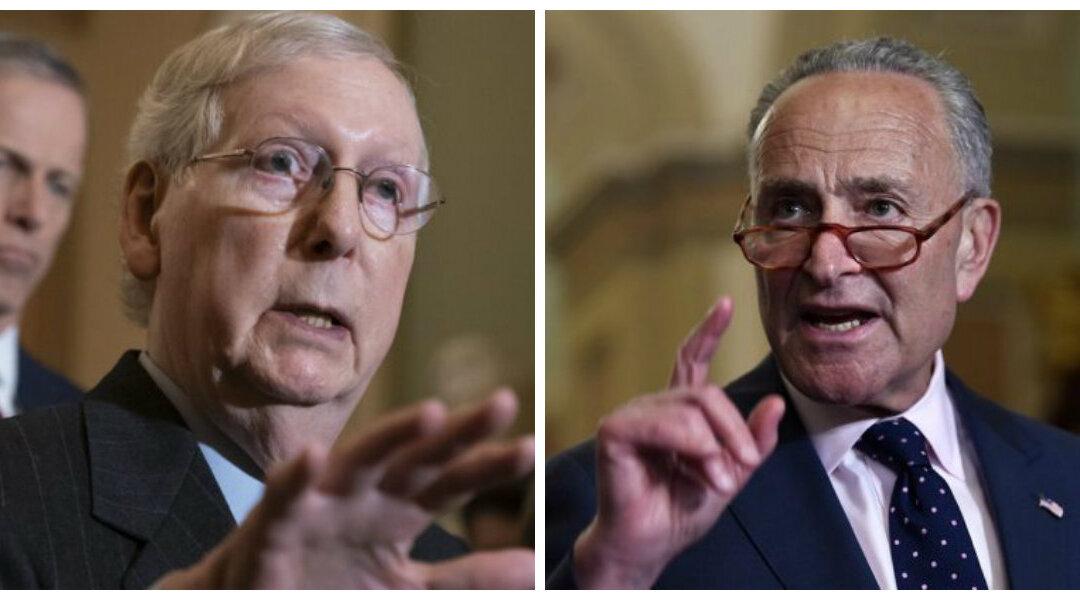On Monday, the Senate met to vote on a continuing resolution advanced by House Democrats to fund the government through December and provide emergency aid for areas affected by Hurricane Ida and Afghan refugees. In a roughly party-line vote, the upper chamber failed to meet the 60-vote threshold to begin debate on the resolution, a move that denied the bill from advancing to a vote.
The 48–50 vote came after a tense political situation in Washington for over a month.





